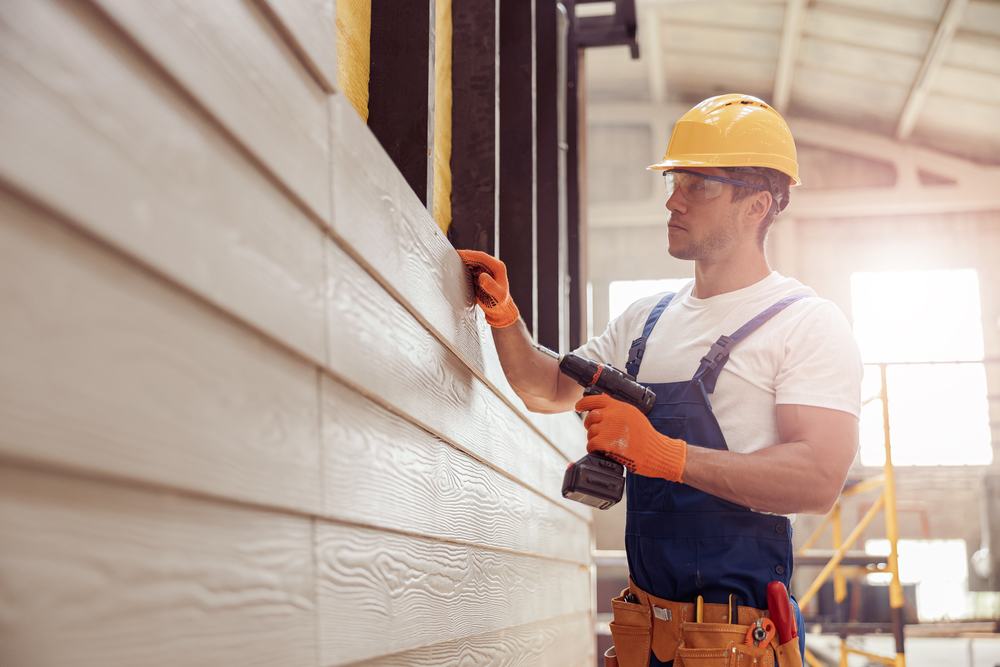When embarking on a construction project, whether it’s a simple home renovation or a large-scale commercial build, the role of a general contractor (GC) is invaluable. But what is a general contractor, and why are they essential?
This article dives deep into the world of general contracting to offer clarity and understanding.

What is the meaning of general contractors?
A general contractor is a professional responsible for overseeing the entirety of a construction project from start to finish.
They manage all aspects, from obtaining permits and sourcing materials to hiring and supervising subcontractors such as electricians, plumbers, and carpenters.
Their primary goal is to ensure that the project is completed on time, within budget, and to the client’s satisfaction.
What is a general contractor in construction?
In the context of construction, a general contractor is like the captain of a ship. While they might not be hammering in every nail or pouring every foundation, they steer the project’s direction, ensuring everything aligns with the client’s vision and established standards.

What does a residential general contractor do?
A residential general contractor manages all phases of home construction or renovation. They:
- Coordinate with architects and designers.
- Hire and supervise subcontractors.
- Ensure materials are ordered and delivered on time.
- Obtain necessary permits.
- Ensure the home is built to code and meets quality standards.
- Communicate updates and changes to homeowners.
What is a general contractor’s responsibilities?
The responsibilities of a general contractor are vast and varied. Some of their primary duties include:
Planning
Collaborating with architects and engineers to understand and finalize project plans.
Budgeting
Estimating costs and setting a project budget.
Scheduling
Creating a timeline for the project, ensuring milestones are met.
Hiring
Selecting and overseeing subcontractors.
Procuring materials
Ensuring necessary materials are on-site when needed.
Ensuring compliance
Meeting local codes, obtaining necessary permits, and ensuring safety standards are met.
Quality assurance
Ensuring workmanship meets or exceeds standards.
Communication
Serving as the primary point of contact between the client and the various professionals involved.
Ready to Kickstart Your Project?
General contractor vs. contractor
While all general contractors are contractors, not all contractors are general contractors. Here’s a breakdown:
General Contractor
Manages the entire project and ensures every aspect, from electrical work to plumbing, is coordinated and completed.
Contractor
A professional who specializes in a specific aspect of the construction process. For instance, an electrical contractor deals only with the electrical components of a project.
In Conclusion
The world of construction can be complex, but having a knowledgeable and experienced general contractor can make the journey smoother.
They not only streamline the process but also ensure that every detail meets the highest standards. Whether you’re building a new home or renovating an existing one, understanding the role of a general contractor can empower you to make informed decisions about your project.




